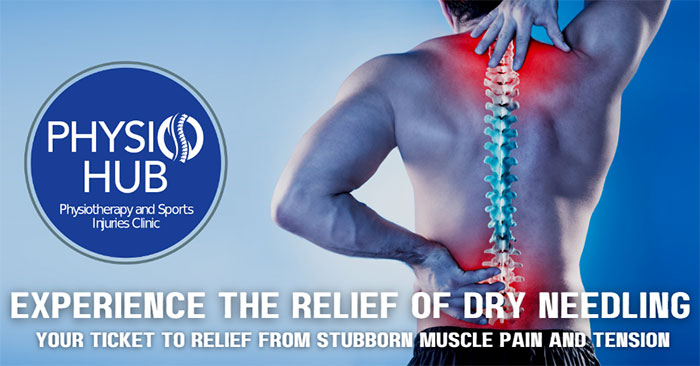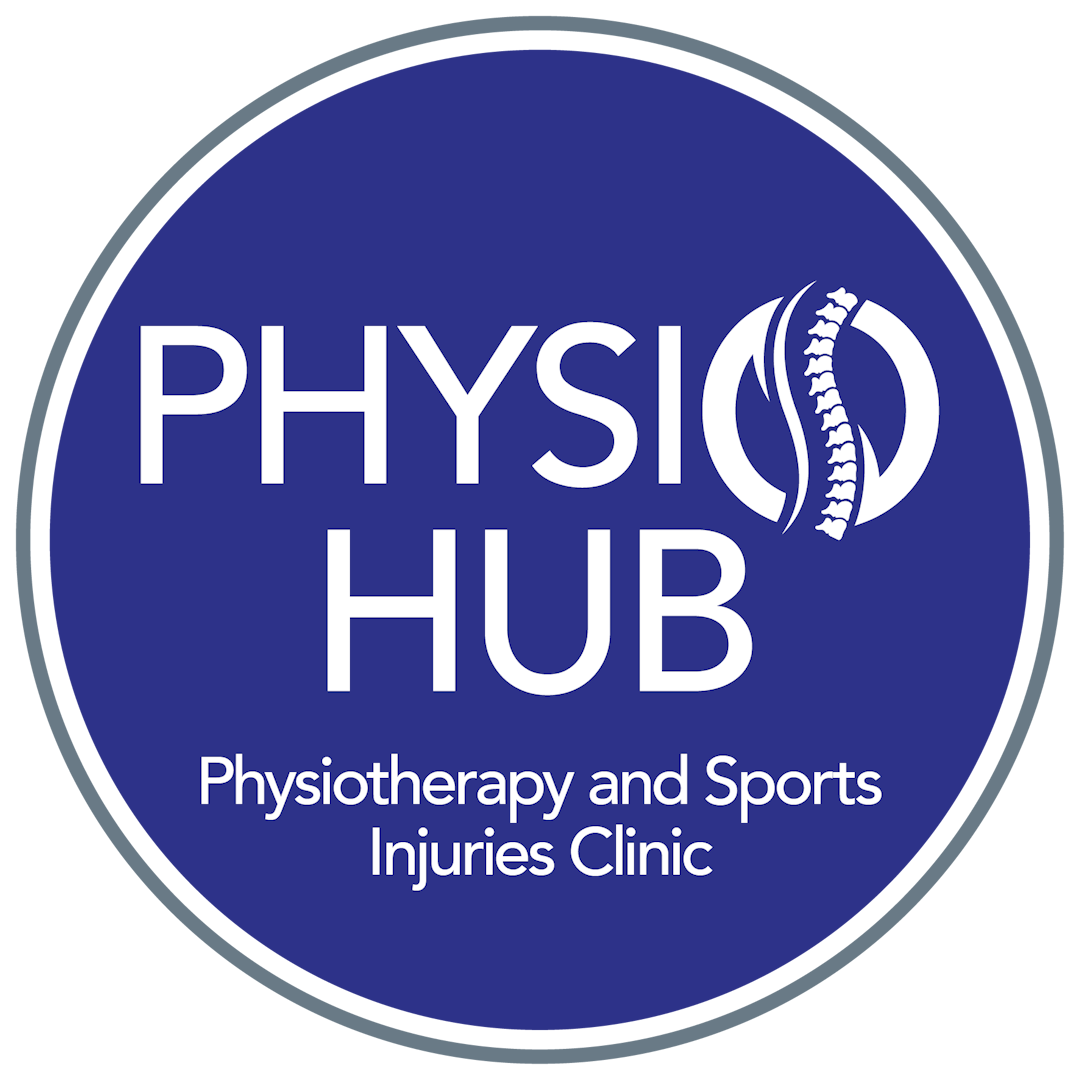Back Pain
Back Pain Services at Physio Hub
Back pain is known as the most common causes of disability and pain, it can range from a short-term pain to extreme cases that cause disability. Where a nerve is pinched it can also cause numbness, muscle weakness and pins & needles. In rare cases, back pain may require scans and potentially a referral to a spinal surgeon.
At Physio Hub our Physiotherapists are highly experienced and trained in the treatment of a range of back problems. This can range from small persistent issues impacting on one’s quality of life or sporting performance, to rehab of severe back pain allowing the patient to return to a normal quality of life and activity.
Back Pain Assessment
We recommend you see a physiotherapist if you experience back or neck pain that does not seem to be self-healing and is causing you pain and impacting your ability to function from day to day. The physiotherapist will do a full assessment, obtain a diagnosis and advice the best treatment to deal with your pain and allow you to return to full functionality as soon as possible. Our physiotherapists at Physio Hub have a massive amount of experience and treat a wide range of back pain rehabilitation skills.
Initial Assessment
Based on the finding during the assessment stage we will provide you with a treatment and management of your back pain. To allow the treatment and management to be successful a clear understanding and diagnosis of the mechanics impacting your back is crucial.
History Taking
The physiotherapist will discuss your history with you to potentially identify potential causes and factors to your back pain. Assessing your functionality and understanding how you move before and after the back pain occurred.
 Clinical Assessment
Clinical Assessment
The physiotherapist will now undertake a detailed clinical assessment of the affected area, which generally involves asking you to do a number of different activities and movements. The physiotherapist may also include a functional assessment to help highlight and understand particular movements causing you pain. They will also perform a neurological assessment for any evidence of neurological deficits. The goal is to help form a diagnosis and assess the back pain.
Functional Assessment
As discussed above the function assessment will include a number of different functional movements. This can be tasks or sport movements which cause symptoms of back pain or functionality.
Referral for Scans and Further Research
After your assessment the physiotherapist will discuss with you if there are any indication that a scan may be helpful in treating your condition. They will also discuss treatment options and if there is a requirement for any surgical referral based on the assessment findings.
Following your assessment and diagnosis, our physiotherapist will provide you with the best back pain physiotherapy management plan to alleviate your symptoms and get you back to where you need to be. Through a combination of therapeutic massage, focused exercises, stretches and mobilisations we will help you to regain control of your body.
TYPES OF BACK PAIN
Mechanical Back Pain
This type of back pain is associated with movement. Some people’s back problems impact them in different ways by particular movements hurting some and not hurting others, as part of your assessment particular movements will be analysed and how the movements impact your overall clinical presentation. Mechanical back pain can bring consistent pain when doing particular movements such as running or repetitions of other movements. similarly, mechanical lower back pain could correlate to a particular movement like bending over to tie laces or put shoes on. The analysis of what aggravates, and eases pain will be a vital part of diagnosis and the treatment plan.
Discogenic Low Back Pain
Commonly, lower back pain causes a bulge or a herniation of one of the intervertebral discs located in the spine. The intervertebral discs are soft objects between vertebrae in the spine. These discs typically become damaged from age related wear and tear or damaged due to incorrect repetitive or heavy lifting. If this causes any contact or damage to a nerve it can cause severe pain around the buttocks and down the leg potentially as far as the foot. Discogenic lower back pain tends to be correlated to neurological troubles, this may include numbness around the leg, pins & needles, or muscle weakness. The physiotherapist will investigate for these potential neurological deficits during your assessment.
Postural Back Pain
A very common cause of back pain is directly related to posture. The common situation we see is individuals who sit for long periods of time at a desk with a slouched back. However, it can also relate to other types of posture like tasks at work or certain sports. As part of the assessment the physiotherapist will evaluate stresses that are being put onto the patients back when the pain occurs. the physiotherapist will also advise pain-relieving activities/exercises to help relieve pain and also prevent oncoming pain from arising.
